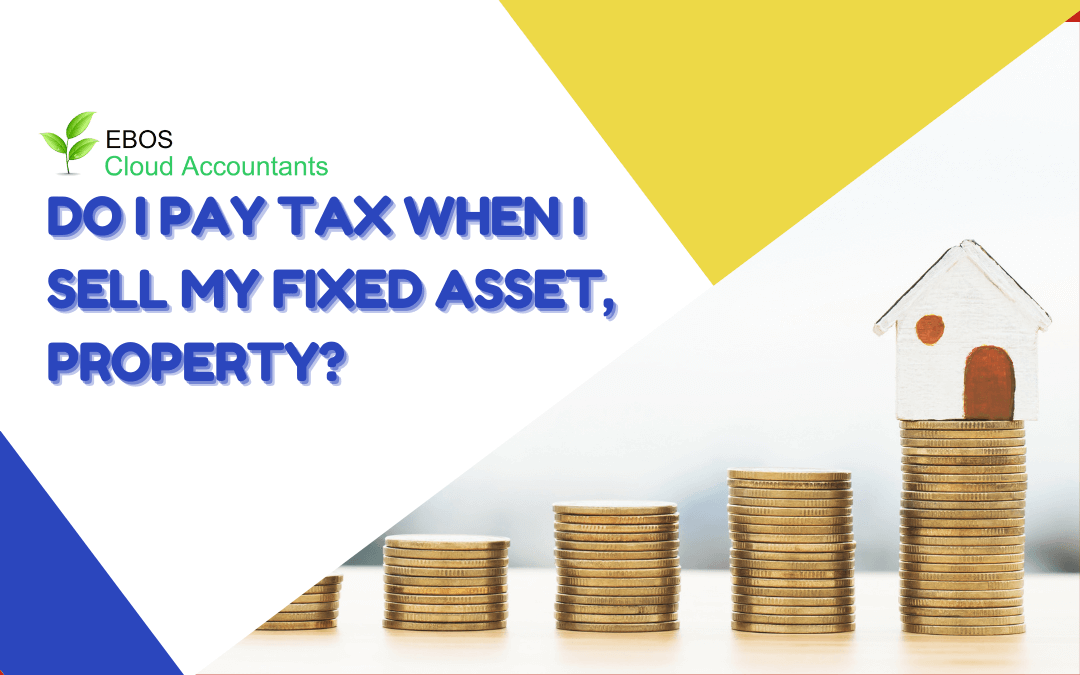A wealthy couple who made some $16 million from buying and selling three good class bungalows (GCBs) within six years will have the profits taxed as income earned. Here is a typical example of how you should not just rely on Singapore does not tax capital gain by hearsay.
In June 2005, they paid $5.4 million for one in Wilby Road and sold it nine months later for a gain of more than $580,000. They then bought a house in Brizay Park in October 2009 for $20.4 million and it was sold nine months later for a profit of more than $13.6 million. In October 2010, they bought a house in Garlick Avenue for $18.7 million and sold it in January 2011 for $21.8 million, netting a profit of about $1.85 million.
They fail in court appeal to have profit from three properties declared as capital gains
While capital gains are generally not taxable, the Inland Revenue Authority of Singapore (IRAS) will also determine if the sellers are in fact trading in properties by considering factors such as frequency of transactions and the holding period of the properties.
The gains may be taxable if you sell assets like a trader even you have register as an investment holding company. IRAS will decide if they consider you a trader by looking at your circumstances using 6 Badges of Trade:
- Holding period. Purchasing and selling the property in a short period of time will make your entity seems like you are having revenue gain.
- Frequency of transactions. Has your company been selling a couple of houses every few months to 1 year with a profit? You might be dealing with a property trading company.
- Motive. If you planned to sell the asset from the moment of purchasing it, you are a trader.
Why did you purchase the property? Did you intend to purchase it for the purpose to sell it at a profit? If you originally needed it for something else, you are not.
- Supplementary work. If your company buys a shophouse, turns it into a fancy co-working space and sells it to a We work 8 months later, there is certainly some supplementary work in place.
- Nature of the asset/property in question. IRAS considers some property types (e.g. commodities, manufactured items) more indicative of trade than others (e.g. antiques, artwork).
- Circumstances of the realisation. The reason for the sales of the asset. For example, to raise fund for a project or looking for an expansion to another bigger office. Force to sell due to en-bloc request from the management office.
Be sure to collect evidence indicating you bought the asset without the goal or selling to generate a profit. Otherwise, you will be slap with heavy tax in additional of GST in the future.
In my 20 years of experiences, IRAS would also ask the following questions.
The method of financing: Having a 20 years loan versus having a 5 years loan. A short loan will create doubts that you are purchase the asset for long time usage.
Feasibility studies: Did you try to figure out if the sale of the asset would be considered capital gain or revenue gain?
Accounting entries of the transaction: It is a fixed asset items and the reason for capitalising it? How is the depreciating method use or is valuation done on a frequent basis?
Conclusion
Singapore has zero Capital Gains Tax because it encourages investment in the country. With a huge advantage for business owners to move their wealth into Singapore as long as you get the rules right. A Chartered Accountant will have to go through all the documents and a lengthy discussion to steer you to the right direction. Talk to us if you are looking to create an investment holding or investment dealing company before you get penalise by IRAS.
Reference
https://www.straitstimes.com/singapore/courts-crime/couple-to-pay-tax-on-16m-profit-from-selling-bungalows published on 18 April 2018
IRAS e-Tax Guide: Certainty of Non-taxation of Companies’ Gains on Disposal of Equity Investments, first published on 30 May 2012 and updated on 15 July 2016.
*******************************************************







